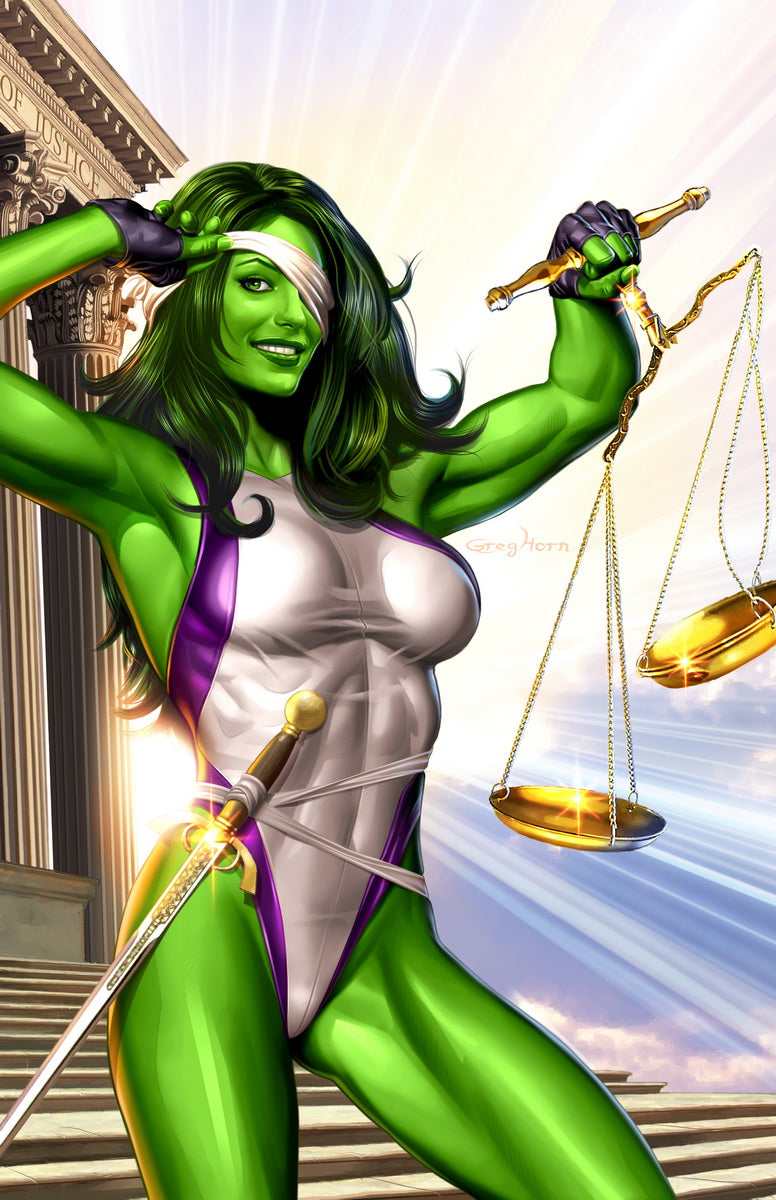"A Justice should and comply with the law and comply at all times that promotes public confidence in the integrity and impartiality of the judiciary."
The ABA's model ethics code: "a judge shall act at all times in a manner that promotes public confidence in the independence, integrity, and impartiality of the judiciary, and shall avoid impropriety and the appearance of impropriety."
SCOTUS "code": this, but "should."
The difference between lightning and the lightning bug? No; between "enforceable" and "unenforceable." As emptywheel asked:
Why would Clarence Thomas adhere to a code of conduct w/no enforcement mechanism when he doesn't even comply with disclosure requirements?
For me, the issue has never been the Court's "failure to enact a formal ethics code"; it's the extent to which there is no means by which we can have any confidence that *whatever* rules apply to the justices are actually being followed.
Today doesn't move *that* needle at all.
Nothing in the 14-page document, or the one-page cover note, addresses the elephant in the room:
*Whatever* rules the justices *say* they are bound to follow, *who* is going to enforce those rules—and how?

No comments:
Post a Comment